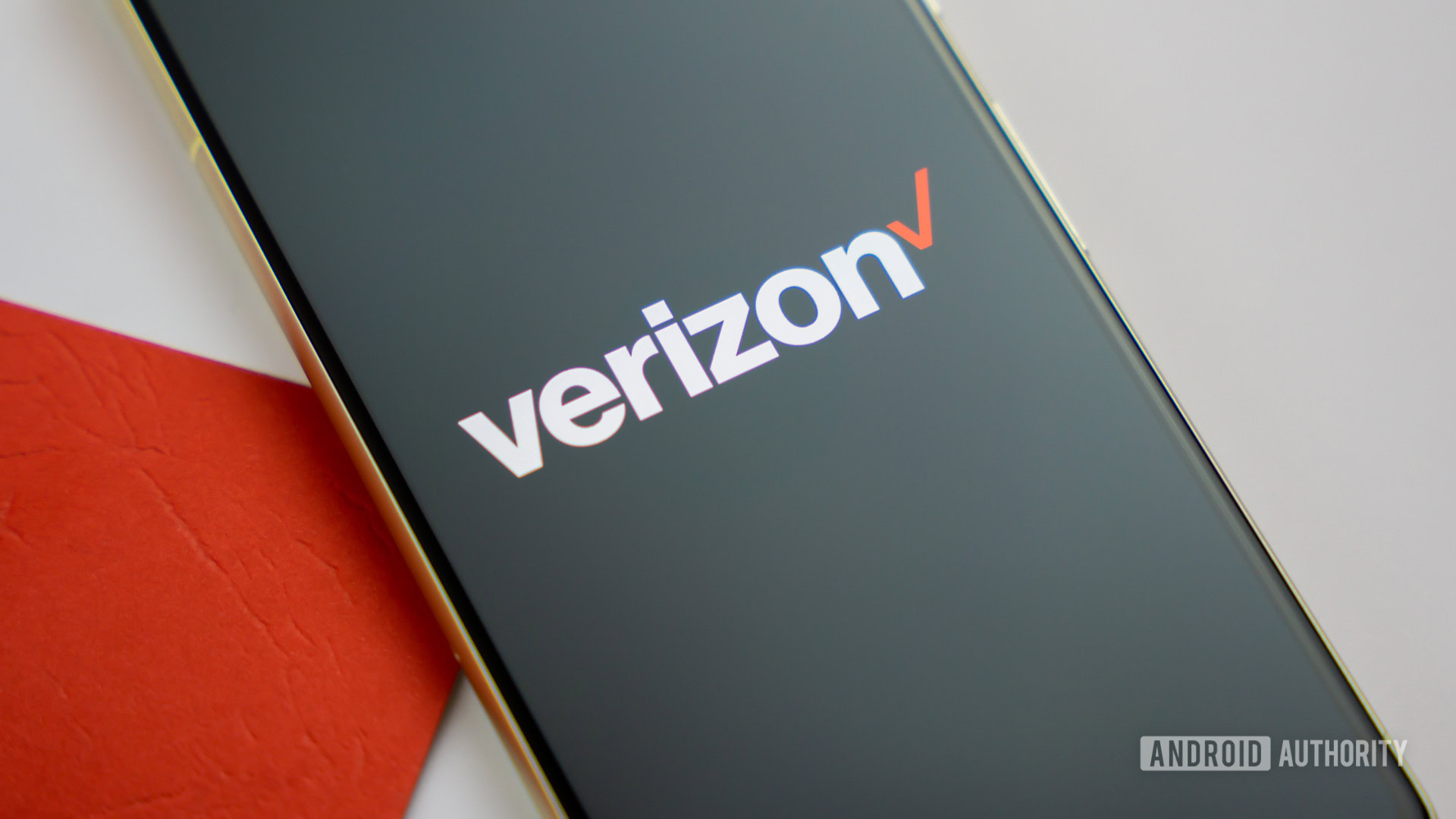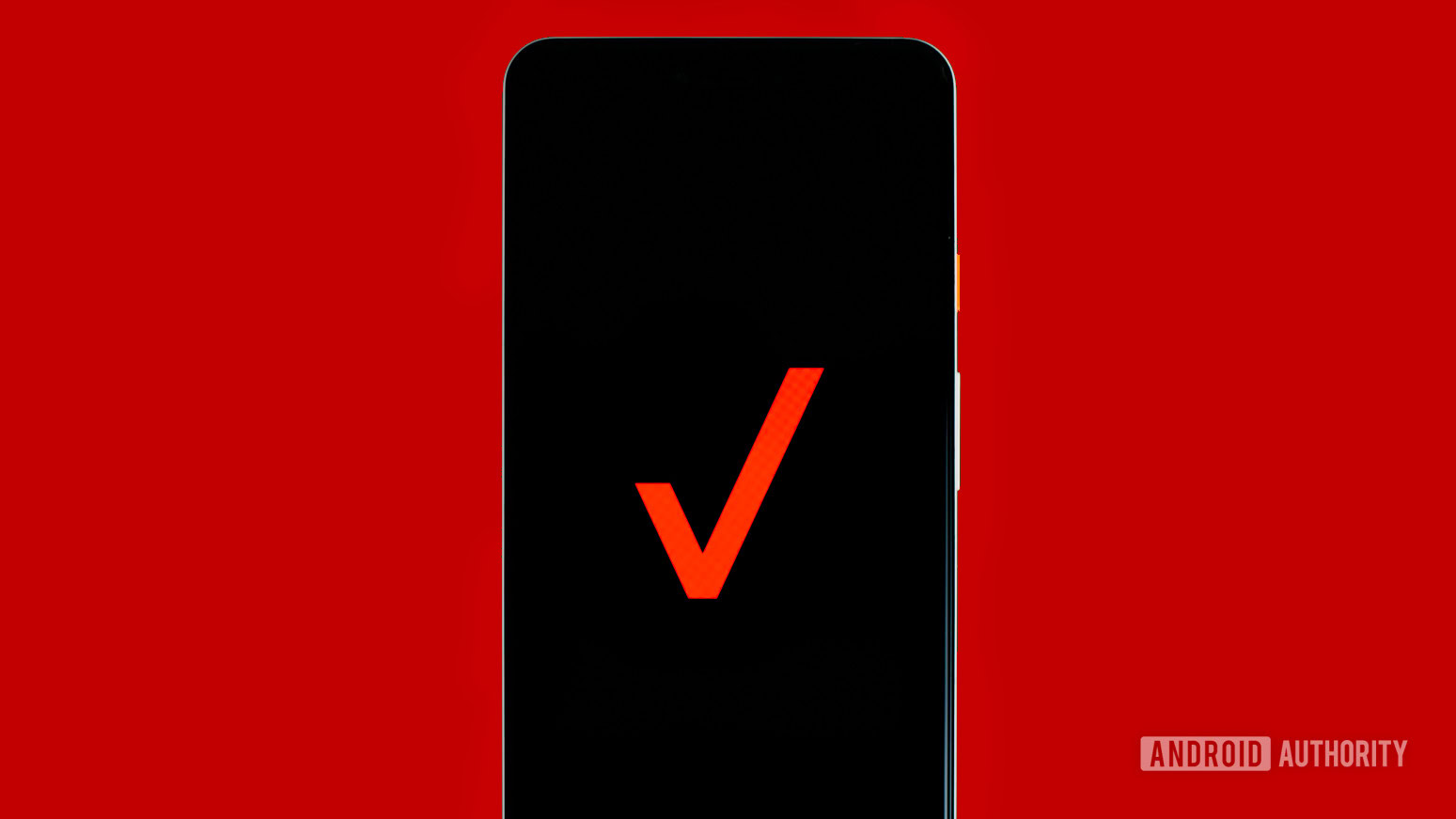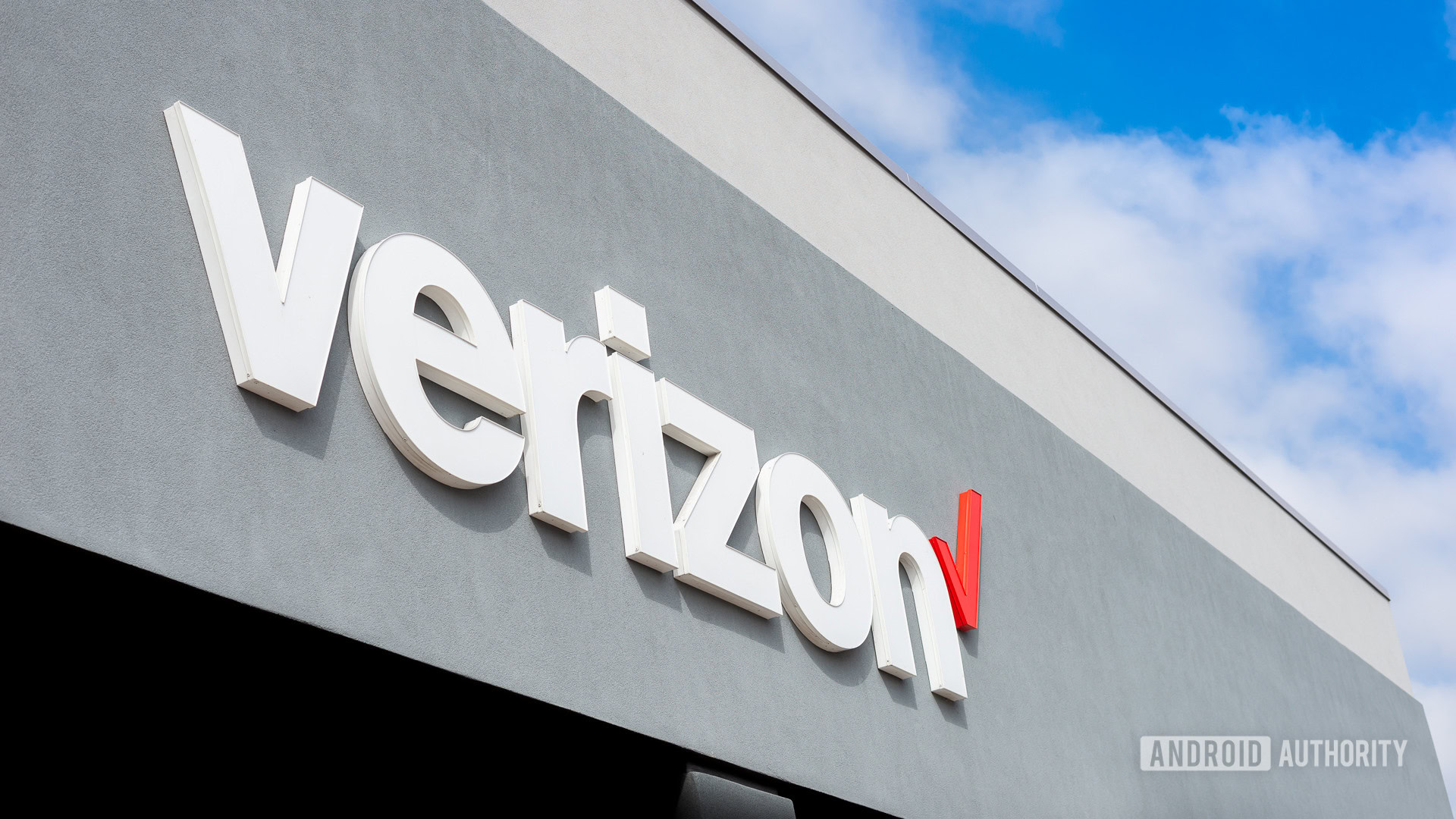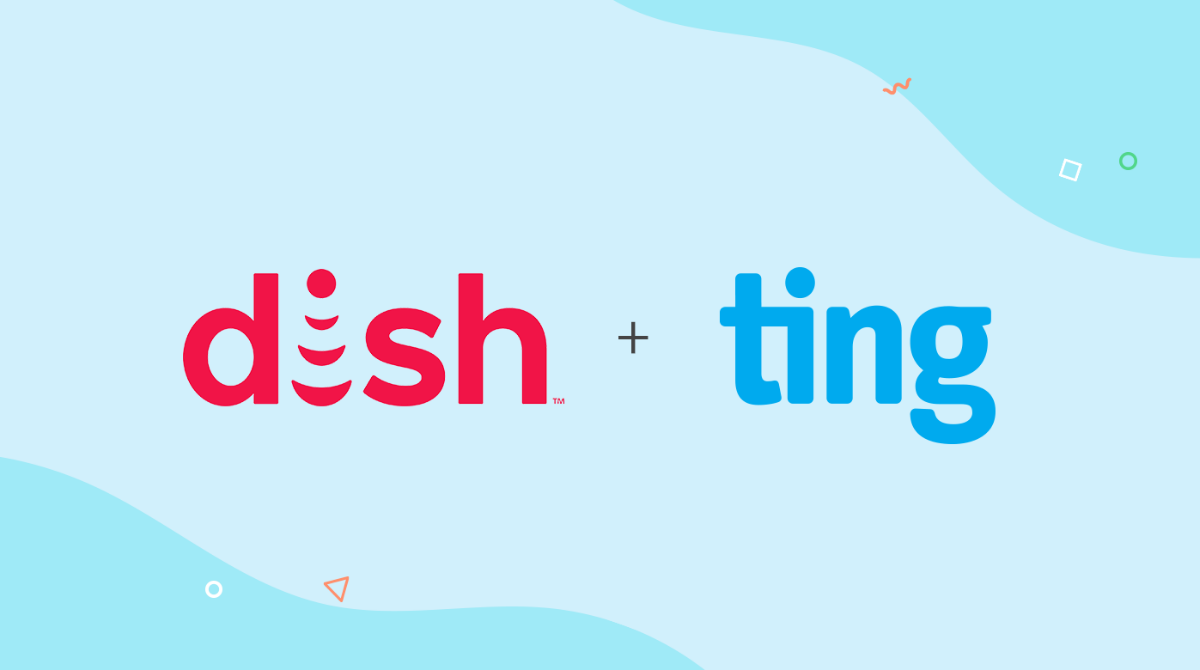Affiliate links on Android Authority may earn us a commission. Learn more.
Want Big Red's service on the cheap? Consider a Verizon MVNO instead

Verizon is known for its extensive LTE network, which is the largest in the United States. It also offers one of the fastest 5G networks. There’s a lot to like about Big Red, but the price isn’t one of the reasons. Verizon is one of the most expensive carriers in the United States, but the good news is you don’t have to pay their premium. A Verizon MVNO uses the same network, but can cost significantly less.
In this article, we explain what a Verizon MVNO is, as well as the pros and cons. Afterward, we’ll take a closer look at the best carriers on Verizon’s network.
What is a Verizon MVNO?
What is a Verizon MVNO, exactly? It’s essentially a carrier that uses Verizon’s network to service its customers, but is an independent provider. That means it uses Verizon’s towers, but it handles its own marketing, customer service, phone activations, and more.
Behind the scenes, a Verizon MVNO works like this:
- A company decides it wants to start its own MVNO service. It starts talking with Verizon, T-Mobile, and/or AT&T to negotiate the best possible prices.
- It then cuts a check to the carrier for a large reserve of capacity. Since the partner network is seeing a huge influx of immediate cash, they are more than willing to part with the capacity for a significant discount.
- An MVNO then resells capacity back to its customers. It sets the prices, plans, and more.
Why get Verizon service from a third party, and what are the downsides?

Okay, so a Verizon MVNO is a third-party carrier that uses a bigger partner network to provide service, but why go with an MVNO over Verizon, directly? The biggest reason is savings.
A Verizon MVNO can cost significantly less than a postpaid Verizon plan. For example, Visible Plus costs $45 for unlimited data with access to Verizon’s even faster mmWave 5G, while Verizon’s cheapest Welcome Unlimited plan costs $85 ($75 with autopay) and only lets you use the slower sub-6 5G network.
Beyond pricing, the most significant advantage to MNVOs is that they offer prepaid plans and, therefore, don’t have contracts or commitments. It’s much easier to switch carriers when you use a prepaid network.
Of course, there are also some very real downsides to an MVNO that should be considered. In particular, throttling and the lack of extras can really set Verizon apart from the MVNOs operating on its network. Customer support is usually much better with the big carriers, too. And there are physical stores you can go to for any type of help.
Throttling and deprioritization can be a much bigger issue on a Verizon MVNO
When Verizon’s network becomes stressed due to congestion, it will start deprioritizing users in order to ensure it can handle the load. Its own postpaid Verizon plans will take priority. From there, it will apply different degrees of deprioritization to its cheaper plans as well as partner services. Some MVNOs have higher priorities than others, which can make finding the right plan even harder. The good news is that some Verizon MVNOs have high enough priority that you’ll rarely run into any issues.
Verizon MVNOs typically have fewer perks and extras

While Verizon doesn’t include any perks for free, it does offer discounted additions like Disney Plus, Apple One, Walmart Plus, etc. It also has good international roaming and calling features, domestic roaming, quality customer service, device financing, trade-in promotions, and the list goes on. While some MVNOs offer similar experiences, many cut corners. For example, some MVNOs only offer customer service through the web, and most have no brick-and-mortar locations, but offer a 1-800 number.
Device financing is also less common among MVNOs, though some do offer it. It’s also worth mentioning that phone selection isn’t always as good on an MVNO, though this will vary depending on the carrier.
The best Verizon MVNOs
Verizon MVNOs used to be the least common type of prepaid service, but these days, there are over a dozen prepaid carriers that use Verizon’s network! Not all these services are created equal, but a few stand out above the rest.
We will start by highlighting three of the most interesting options for consumers in more detail:
Visible Unlimited is the best for single users

Okay, technically, Visible isn’t a Verizon MVNO, as it’s not an independent provider. Instead, Visible is a brand that operates semi-independently but is owned by Verizon. Nonetheless, Visible is arguably the best Verizon alternative. You get truly unlimited data, for starters. There are no caps, though Visible may deprioritize your line depending on traffic congestion.
There are two plans, with the base plan starting at $25 a month and the Plus plan at $45.
The Visible base plan will see the most aggressive congestion during peaks. In my own experience, speeds can get as low as 2-5Mbps during peaks. Outside of peaks, I often hit 10-20Mbps. Visible also has unlimited hotspot use, which can really come in handy.
Want faster speeds and better prioritization? There’s also Visible Plus, which has higher prioritization. I briefly subscribed to Plus to see how it compared. While my speeds weren’t that different in rural areas, I saw a major improvement in the city. Speeds easily hit 25-50Mbps during non-peaks, and even peaks were often well above 10Mbps.
Pros:
- Truly unlimited data with no caps
- Very good phone selection
- Device financing is available through Affirm
- Limited international calling options are available
Cons:
- Customer service isn’t great and can only be done online or via an app
- Deprioritization can be pretty bad, especially for base users living in congested areas
US Mobile Unlimited Basic is the best for families

US Mobile has decent pricing for a single line, starting at $29 for Unlimited Starter. This price can be brought down to $25 per line if you get three lines or more. US Mobile Starter gives you 35GB of 5G/LTE premium data and 10GB of hotspot access. After you use up your cap, you’ll still have unlimited data, but speeds will be throttled depending on congestion. It’s hard to say how much your speeds will decrease, but typically it should still be more than useable for basics like browsing the web or even watching YouTube at slightly lower than SD speeds.
If you need more premium data and hotspot use, there is also an Unlimited Premium plan that adds 100GB of premium data, 50GB of hotspot access, and includes up to 10GB of international data. This tier starts at $50, but the price per line can be reduced to $40 with three or more lines.
Now, those who want to save a bunch have the Unlimited Flex plan. And despite the name, it is pretty limited in flexibility. This plan costs $180 for a whole year, effectively bringing the price down to an equivalent of $15 per month. That said, it comes with no hotspot, but you can add it for $30 per year. Additionally, you get no included international data.
As you can see, this Verizon MVNO offers a lot of value.
Pros:
- Plans are very affordable
- Perfect for families
- Very good phone selection
- Lots of hotspot data
- Plans come with international data included
Cons:
- Data prioritization can be a bit aggressive after using up premium access
- ‘Premium’ data can be notably slower than Verizon or Visible’s premium data
Ting Flex is best for those on a budget or with limited needs

I’ll be honest; most of Ting’s plans aren’t worth it, in my opinion. For example, you’ll pay $35 a month on Ting for just 12GB of high-speed data and unlimited 2G speeds after that. There’s also a $45 plan for 22GB, which also isn’t great. Still, if you’re on a tight budget, Ting Flex is actually a good deal.
For $10 a month, you’ll get unlimited talk and text, plus $5 per each gigabit of data used. This compares very favorably to one of my favorite T-Mobile MVNOs, Google Fi Wireless. The Fi Flexible plan costs $20 per line for unlimited talk and text and $10 per gig. So, Fi Wireless costs twice as much!
Keep in mind that Ting offers two network choices: T-Mobile and Verizon.
Pros:
- Extremely affordable plans for basic users
Cons:
- Plans with higher data counts can get pricey
- Phone selection is limited; very few flagships are available
Verizon MVNOs: plenty more choices to pick from
That’s just three options! There are many others. Here’s a quick TL;DR look at some of the other honorable mentions:
- Total Wireless: Verizon-owned service with decent prioritization and coverage. Pricing ranges from $30 to $50 a month. The good news is there are discounts for adding multiple lines, as well as using autopay.
- Reach Mobile: Plans start at $20 monthly and scale up $45 monthly for unlimited data. There are also multi-line discounts available.
- Page Plus Cellular: One of the oldest Verizon MVNOs, pricing starts at $12 for limited data options, and scales up to $55 a month for its highest-tier unlimited plan.
- Xfinity Mobile: Designed for those with an active Comcast internet subscription, Xfinity has pretty decent pricing and prioritization. Plans range from $20 a month on the limited data end to as high as $50 a month for unlimited data.
- Spectrum Mobile: Similar to Xfinity, Spectrum Mobile requires an active Spectrum internet subscription. Limited data plans start at $20 a month and range up to $40 per month for Spectrum’s highest-tier unlimited plan.
Additionally, there are several other carriers that use Verizon’s network as an option but also support networks from either T-Mobile or AT&T. This includes Straight Talk, Twigby, TracFone, Red Pocket, and Net10.
Keep in mind you’ll typically have to pick one network when signing up for a plan; you can’t just switch networks as you please from the same phone.